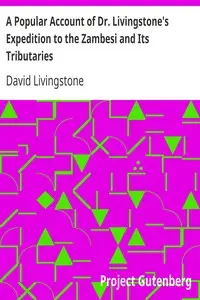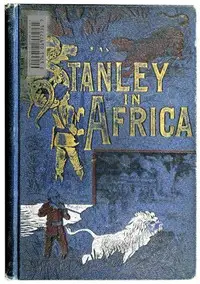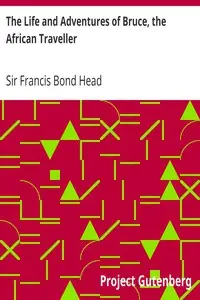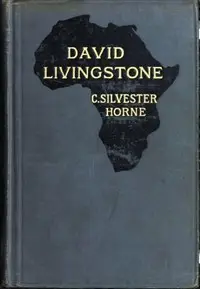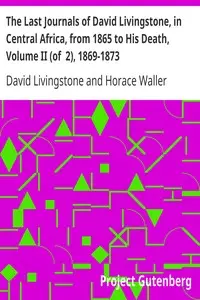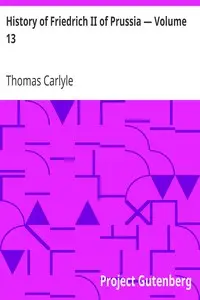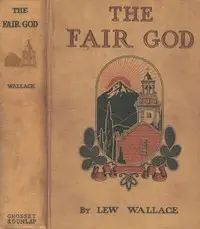"The Last Journals of David Livingstone, in Central Africa, from 1865 to His Death" by Horace Waller is a historic documentation of David Livingstone's last expedition into the heart of Africa, where he pursued the source of the Nile and fought against the ruthless slave trade. Chronicling his journey from Zanzibar, where he was greeted by the Sultan, this compilation reveals a landscape rife with trials, from treacherous terrains and unreliable transport to the ever-present horror of human trafficking. This account also serves as a window into Livingstone’s soul, displaying his unwavering convictions, the personal battles he faced, and his interactions within the diverse fabric of African societies, all while foreshadowing the cost this relentless pursuit would exact on his health, and emphasizing the role of his devoted native companions, Chuma and Susi, in saving his journals.
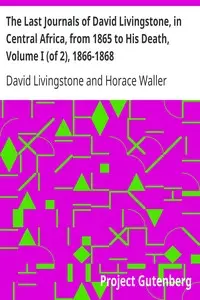
The Last Journals of David Livingstone, in Central Africa, from 1865 to His Death, Volume I (of 2), 1866-1868
By David Livingstone
Embark on a journey through Africa with a determined explorer as he battles harsh conditions, confronts the horrors of slavery, and searches for the Nile's source, a story ignited after his death.
Summary
About the Author David Livingstone was a Scottish physician, Congregationalist, pioneer Christian missionary with the London Missionary Society, and an explorer in Africa. Livingstone was married to Mary Moffat Livingstone, from the prominent 18th-century Moffat missionary family. Livingstone came to have a mythic status that operated on a number of interconnected levels: Protestant missionary martyr, working-class "rags-to-riches" inspirational story, scientific investigator and explorer, imperial reformer, anti-slavery crusader, and advocate of British commercial and colonial expansion. As a result, Livingstone became one of the most popular British heroes of the late 19th-century Victorian era.
David Livingstone was a Scottish physician, Congregationalist, pioneer Christian missionary with the London Missionary Society, and an explorer in Africa. Livingstone was married to Mary Moffat Livingstone, from the prominent 18th-century Moffat missionary family. Livingstone came to have a mythic status that operated on a number of interconnected levels: Protestant missionary martyr, working-class "rags-to-riches" inspirational story, scientific investigator and explorer, imperial reformer, anti-slavery crusader, and advocate of British commercial and colonial expansion. As a result, Livingstone became one of the most popular British heroes of the late 19th-century Victorian era.


